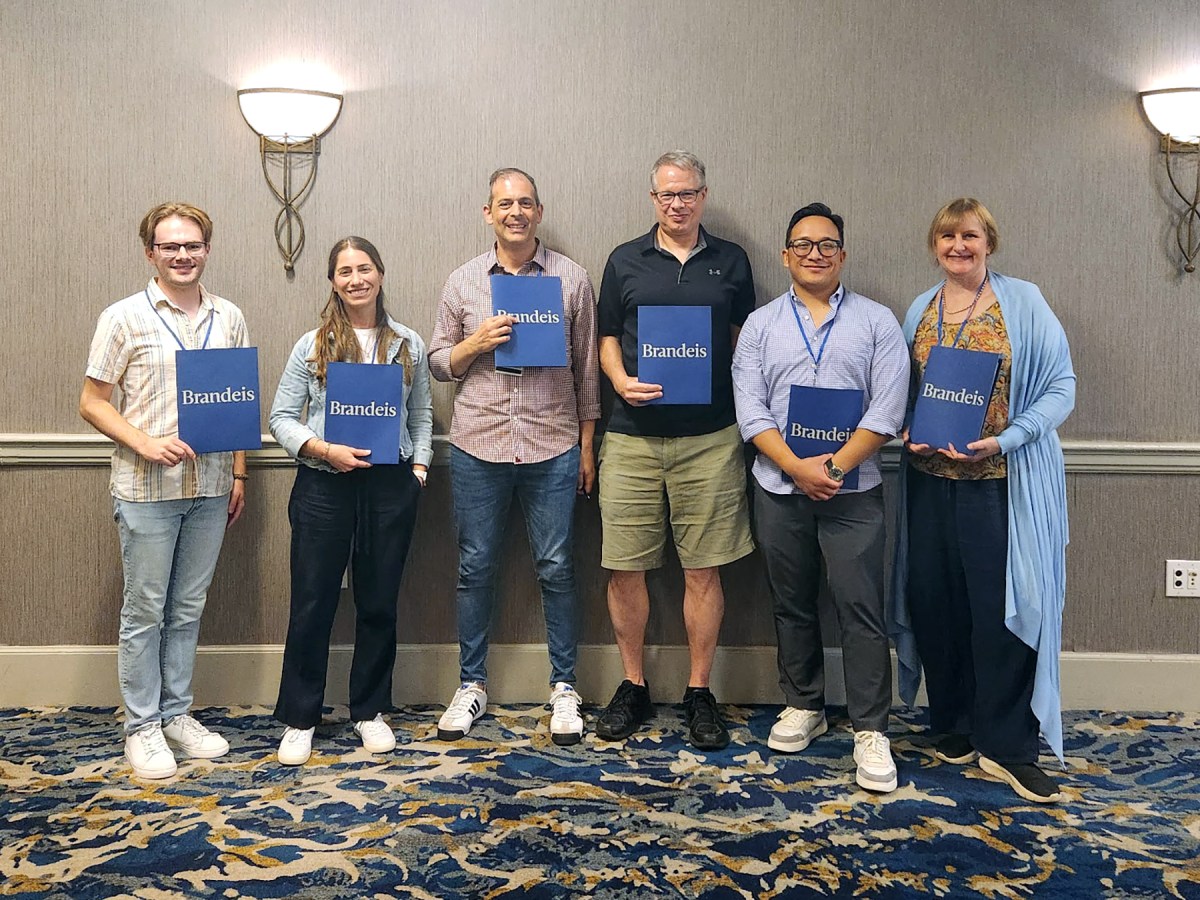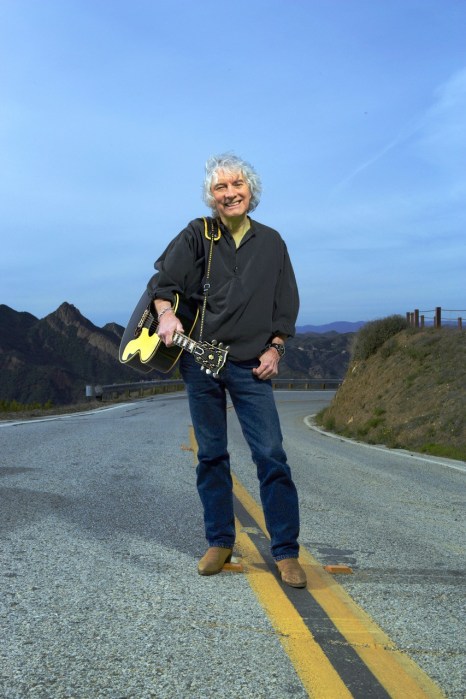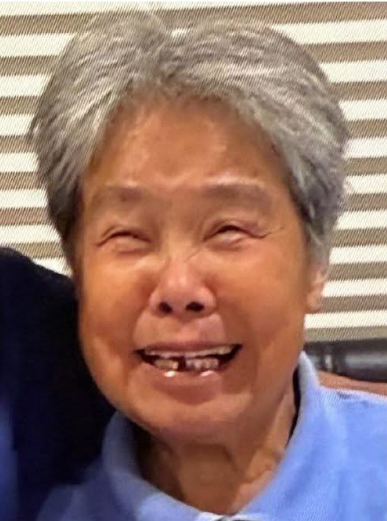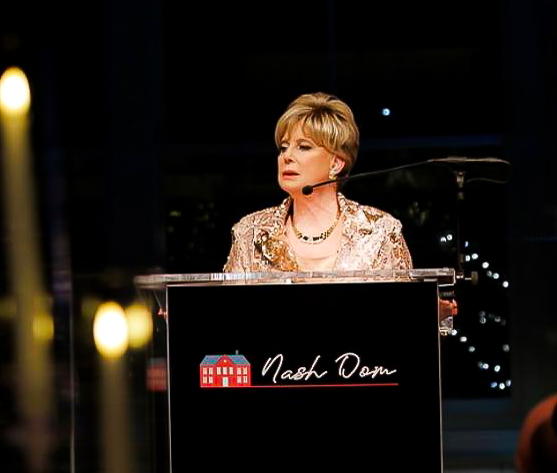During the week of July 13, a team of six Great Neck Public Schools educators traveled to Boston to attend the Brandeis University Middle and High School Educators’ Institute on Israel and Antisemitism.
This intensive, week-long program is offered to a select group of educators from across the country. The Institute includes daily panel discussions and group sessions with a focus on supporting curriculum, anti-hate initiatives and the advancement of Holocaust education.
Participation in this program was awarded to the Great Neck Public Schools through a competitive scholarship opportunity, which required an extensive application. In addition to attending the Institute in Boston this summer, the scholarship also covers a future visit to Israel for school district team members to participate in continued learning opportunities with Brandeis University.
Great Neck’s participants in this program represent each of the district’s secondary schools: South Middle social studies chair Frank Bua, South High social studies chair Alexander Redito, North Middle social studies chair Patti Crisafulli, North High English teacher Sal Casto, North High library department chair Maya Lerner, and Assistant Superintendent for Secondary
Education Dan Holtzman.
Over the course of the week, educators engaged with leading scholars to explore the historical roots and present-day realities of antisemitism, the role of media and algorithms in shaping public perception and the complexity of civic discourse around global events.
Great Neck participants agree that the Brandeis Educators’ Institute has been one of the most profound and impactful professional learning experiences of their careers.
“This experience will directly inform our efforts to develop thoughtful, inclusive curriculum and professional development that prepares students to navigate a polarized world with empathy, critical thinking and a deep respect for history,” Holtzman said. “The insights we’ve gained will strengthen how we support students and staff in fostering meaningful dialogue, combating hate and building a more informed and compassionate school community.”



































